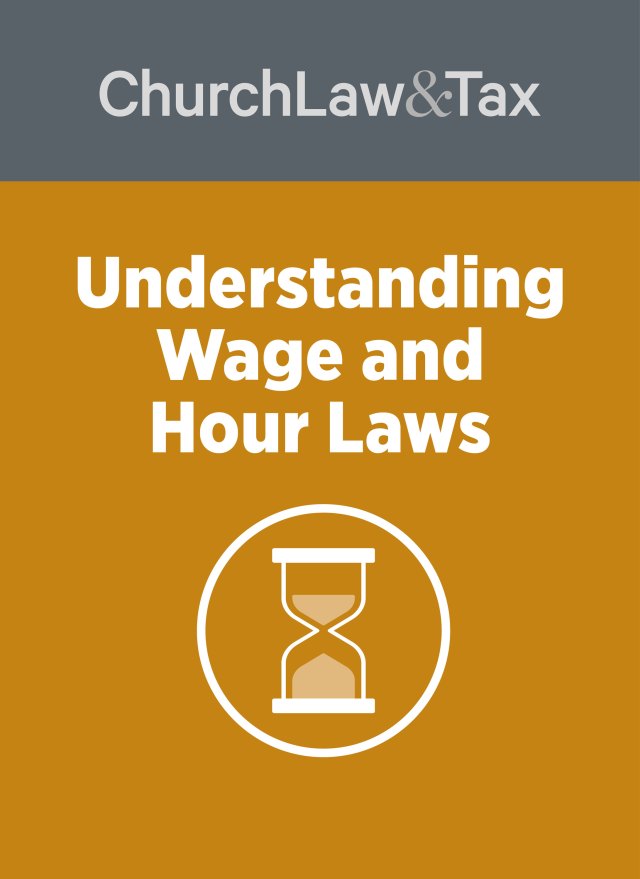Key point 10-18.3. There are several legal defenses available to a denominational agency that is sued as a result of the acts or obligations of affiliated clergy and churches. These include a lack of temporal control over clergy and churches; a lack of official notice of a minister’s prior wrongdoing in accordance with the denomination’s governing documents; lack of an agency relationship; the prohibition by the first amendment of any attempt by the civil courts to impose liability on religious organizations in a way that would threaten or alter their polity; and elimination or modification of the principle of joint and several liability.
* A Connecticut court ruled that a denominational agency was not required to seek out information concerning the prior sexual misconduct of a non-employee, and therefore it was not responsible for the sexual misconduct of a pastor who was not its employee. A young man ("Jack") claimed that he had been physically and sexually assaulted by a minister while engaged in counseling sessions over a two-year period. Jack alleged that an associate pastor at the same church was aware that the senior pastor had engaged in sexual relations with counselees on prior occasions. The associate pastor was a seminary student on assignment to the church, and was employed by the denominational agency rather than the local church. Jack sued the denominational agency. He claimed that the associate pastor had a duty to report his knowledge of the senior pastor’s previous activities to the denominational agency, and that the agency should have discovered that the associate pastor had this knowledge and should have acted to prevent the pastor’s wrongful acts. The denominational agency argued that the case against it should be dismissed on the ground that no court has ever held that an employee has a duty to report prior deviant sexual behavior of a non-employee to his employer. It also argued that no prior case would require a denominational agency to seek out this information from an employee about a co-worker who is not their employee.
The court ruled that the denominational agency was not liable for the senior pastor’s behavior. It could "find no case law to suggest that an employer is required to seek out information regarding previous sexual misconduct of non-employees or that requires an employee to disclose information regarding the prior sexual misdeeds of a co-worker who is not also currently a fellow employee." The court observed,
In the present case, Jack seeks to hold a third party [the denominational agency] liable for the actions of a minister who was an employee of a [local church]. After a careful reading of the complaint, the court finds that there is simply not enough alleged to support a claim that the denominational agency had a legal duty to act to prevent [the senior pastor’s] actions. The court further finds that [Jack] failed to allege facts to support a claim that the agency had a duty to report information regarding the senior pastor’s prior sexual abuse of children to the church. Lastly, the court finds that Jack fails to allege facts to support finding that the agency owed any legal duty to the parishioners of the church …. Jack alleges that the agency approved of [the associate pastor]. It is also alleged that the associate pastor and the senior pastor performed duties at the church, which was a member of the denominational agency. Jack fails to allege, however, that the agency had any power to control the actions of the church, or the actions of the senior pastor within the church. Furthermore, while the complaint alleges that the agency had a duty to protect the parishioners of the church by disclosing its imputed knowledge of the senior pastor’s behavior, the complaint is devoid of allegations about the relationship between the parties which would give rise to the duty alleged. Absent allegations that the agency had control over the senior pastor’s actions, or allegations that it had a special relationship with the congregation … there is no basis upon which it can be established that it had a duty to do anything with the information that was imputed to it from the associate pastor about the senior pastor’s conduct.
Application. The most important aspect of this case is the court’s conclusion that an employer is not required to seek out information "regarding previous sexual misconduct of non-employees or that requires an employee to disclose information regarding the prior sexual misdeeds of a co-worker who is not also currently a fellow employee." This will be a helpful precedent to regional and national denominational agencies that are sued because of the misconduct of an employee or volunteer at an affiliated church. Doe v. New London Association of the United Church of Christ, 2001 WL 83883 (Conn. 2001).
© Copyright 2002 by Church Law & Tax Report. All rights reserved. This publication is designed to provide accurate and authoritative information in regard to the subject matter covered. It is provided with the understanding that the publisher is not engaged in rendering legal, accounting, or other professional service. If legal advice or other expert assistance is required, the services of a competent professional person should be sought. Church Law & Tax Report, PO Box 1098, Matthews, NC 28106. Reference Code: m40 c0102




